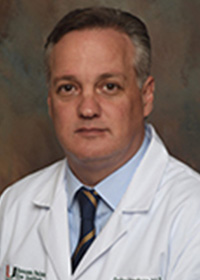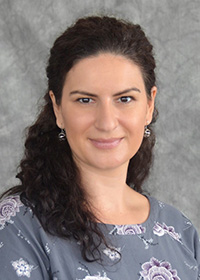Optional Session
Inherited Retinal Diseases, Visual Electrophysiology and Gene Therapy Course
Monday, October 28, 2024
8:00 am – 4:00 pm
Location
MACC 1, 2ND Floor, DoubleTree by Hilton Hotel Miami Airport and Convention Center
Course Director:
Carlos E. Mendoza, MD
Associate Professor of Clinical Ophthalmology
Bascom Palmer Eye Institute, University of Miami
Course Co-Director:
Maja Kostic, MD, PhD
Assistant Professor of Ophthalmology
Bascom Palmer Eye Institute, University of Miami
Registration
You do not need to be registered for Curso to register for this optional course.
If you chose to register for this optional course ONLY, you will NOT have access to the exhibit floor or other social events. Breakfast and lunch are included.
Registration Fee
If you are registered for Curso: US$50
Registration fee includes breakfast and lunch.
If you are NOT registered for Curso: US$100*
Registration fee includes breakfast and lunch.
*NO access to the exhibit floor or other social events
Simultaneous translation (English-Spanish) available
Course Description
Inherited retinal diseases (IRDs) are a group of genetic diseases that can lead to vision loss or complete blindness. These diseases can affect people of all ages and progress at different rates. IRDs are rare and affect approximately 1 in 1380 individuals, with 5.5 million people expected to be affected worldwide. Retinitis Pigmentosa is the most common form of IRDs, while other types include cone or cone-rod degeneration, Leber congenital amaurosis, and inherited macular dystrophies.
Recent developments in the field of IRDs warrant a comprehensive course that integrates basic concepts of clinical, electrophysiological, and molecular diagnosis. The course will cover current treatment options for these conditions, including recent developments in genetic and cellular therapies, and how to conduct clinical trials in this field.
Visual electrophysiology (VE) is a valuable tool for diagnosing retinal and optic nerve diseases, including IRDs. This course will cover VE technology's basic concepts, cellular correlation, and clinical applications. All visual electrophysiology modalities (ERG, VEP, EOG, mfERG, PERG, mfVEP) will be reviewed, followed by case presentations and discussion. Emphasis will be placed on correctly interpreting and indicating the different studies. The course also includes a hands-on session, providing participants with practical exposure to performing visual electrophysiology studies, thereby enhancing their skills and knowledge in this area.
Invited Professors
Pablo Altschwager, MD, Boston Children’s Hospital
Audina M. Berrocal,, MD, Bascom Palmer Eye Institute
Nicolas Cuenca, PhD, University of Alicante
Janet L. Davis, MD, Bascom Palmer Eye Institute
Laura Echandi, MD, Catalan Institute of Retina
Thomas Hedges, III, MD, Tufts University
Tamara Juvier, MD, Bascom Palmer Eye Institute
Byron L. Lam, MD, Bascom Palmer Eye Institute
Ramiro Maldonado, MD, Duke University
Jesse Sengillo, MD, Bascom Palmer Eye Institute
Click here to view detailed agenda.

